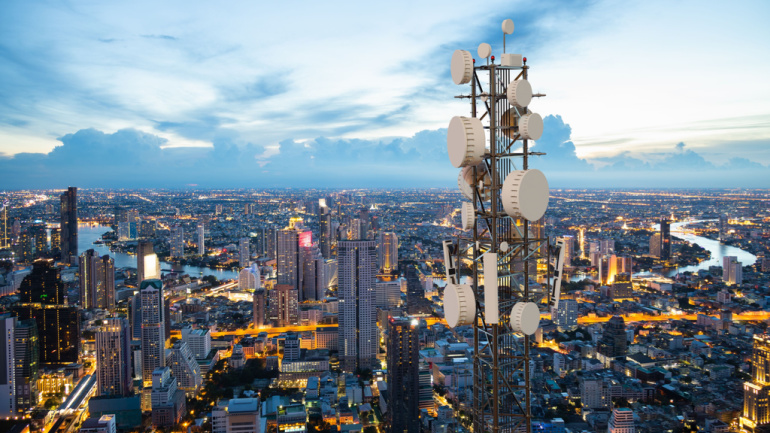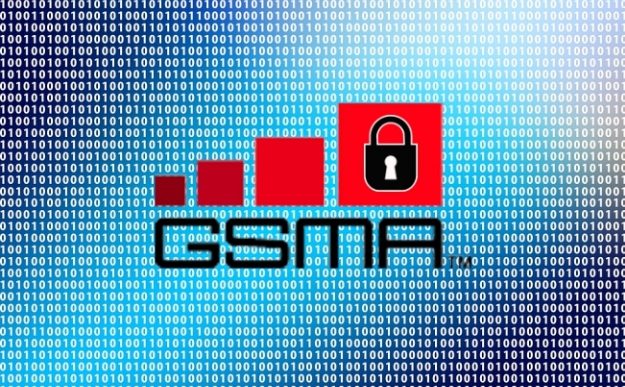Mobile operators face a growing financial strain as spectrum costs soar while earnings per gigabyte plummet. The GSMA warns this imbalance threatens mobile network investment, potentially degrading service quality. With nearly 1,000 licenses up for renewal by 2030, the report urges governments to adopt fairer pricing.
Open Gateway, initiated by GSMA, is set to redefine mobile networks with standardized telecom APIs, underpinning 5G’s potential. With coverage from 67 global operators, it aims to streamline developer interaction and offers vast opportunities for API-driven fraud prevention, edge computing, and digital transformation.
The GSMA and MSSA partnership is set to revolutionize global communication through VoIP and satellite integration. By synchronizing terrestrial and satellite networks, they aim for enhanced connectivity, efficiency, and scalability. This collaboration promises to redefine VoIP solutions, overcoming challenges and paving the way for advanced, seamless global communications.
The GSMA, a global association of mobile network operators, has unveiled a new project dubbed the GSMA Open Gateway with the goal of offering developers universal access to operator networks. This objective will be accomplished through the creation of a framework of universal network Application Programmable Interfaces (APIs) that will unite the industry behind open APIs. The change signifies a fundamental shift in how the telecoms sector creates and provides services in a world where there is an API economy. At the MWC Barcelona 2023, 21 mobile network carriers will already be demonstrating the potential of the initiative. These demonstrations include an immersive concert experience, a live ‘jam session’, and an immersive gaming and high definition video showcase. The Linux Foundation, along with the GSMA, defines, develops and publishes the GSMA Open Gateway APIs in CAMARA, an open-source project allowing developers to access expanded network capabilities. By using…
According to the GSMA’s most recent report on the state of the mobile sector in Europe, challenging market circumstances will have a detrimental influence on 5G adoption, with Digital Decade targets endangered by slower 5G deployment compared to rival global markets. The GSMA noted that 34 European markets had 5G service available as of the end of June 2022, with 108 providers providing commercial services and a user adoption of about 6%. Norway has the highest rate of 5G adoption at 16%, although there is also growth in Switzerland (14%), Finland (13%), the UK (11%) and Germany (10%). According to the Association, average 5G penetration will reach 44% by 2025, with the United Kingdom and Germany predicted to lead with 61% and 59% respectively. Nevertheless, GSMA researchers observed that even these nations were likely to lag behind global counterparts such as South Korea, which is expected to have…
The GSMA has released a whitepaper that specifies 10 key performance indicators (KPIs) for mobile carriers in the areas of environmental, social and corporate governance (ESG). The GSMA estimates that roughly 600 distinct ESG reporting standards are presently in use across the mobile sector. This diversity not only makes assessing the level of success on an industrial scale challenging, but it also puts a great load on operators, who often invest significant time and effort in data gathering and detailing progress, only to generate a report with little value. The KPIs are divided into four groups, with the GSMA explaining why these divisions were made: Environment – Reporting against environmental KPIs can aid internal decision-making, such as how to develop decarbonization policies and deploy cash to increase energy efficiency. Emissions, energy and waste reduction are the KPIs in this area. Digital Inclusion – Tracking success against…
The GSMA, a worldwide organization dedicated to uniting the mobile ecosystem, has cautioned that market imbalances between network operators and online service providers might impede growth in a number of areas of the Internet-based economy, and has urged policymakers to solve the problem immediately. According to the GSMA’s 2022 Internet Value Chain analysis, asymmetric regulation and limits, sector-specific taxes and spectrum charges are straining infrastructure providers’ business models while allowing big tech to prosper. The reliance of Internet services and other growing sectors that are dependent on underlying infrastructure investment must be considered by those in charge of enacting rules and regulations. Infrastructure investment incentives may be restrained by unfavorable taxes, costly regulatory requirements, and other cost-degrading factors, according to the paper. The document urges politicians to analyze the entire tax and regulatory environment, ensuring that enterprises investing in infrastructure are rewarded for building and upgrading the networks…
The GSMA has announced that the mobile industry will need an average of 2 GHz mid-band spectrum to meet the data speed requirements of the UN International Telecommunications Union (ITU). The study evaluated 36 cities around the world and concluded that policymakers should license the spectrum of mobile operators in harmonized bands such as 3.5 GHz, 4.8 GHz and 6 GHz to meet ITU requirements by 2030. According to their claims, the additional spectrum will make it possible to use 5G to its full potential. As claimed by the global study, achieving this will reduce the environmental impact and costs for 5G users, as additional spectrum will lessen the carbon footprint of networks by two to three times, strengthening the sustainable development of mobile communications at the same time. In addition, the availability of mid-band frequency spectrum will also improve Fixed Wireless Access (FWA). The research shows that…
The GSMA, an industry organization representing the interests of global mobile network operators, has announced that major vendors ZTE, Ericsson, Huawei and Nokia have passed an independent security audit of product development and lifecycle management processes and intend to submit a network kit for evaluation in the second test round. This testing system is called the Network Equipment Security Scheme (NESAS) and claims to have been designed to increase industry confidence in telecommunications network equipment while promoting a more coordinated mobile market. NESAS was jointly established by GSMA and 3GPP. NESAS provides an industry-wide security assurance framework to improve the level of security throughout the mobile industry. The scheme defines security requirements and an assessment system for secure product development and product life cycle processes, and uses 3GPP-defined security test cases to assess the security of network equipment. The audits are conducted by world-class security auditing companies on…
The global organization representing the interests of mobile network operators, GSMA, has called for European governments to “safeguard network security and competition” in the telecommunications infrastructure industry. The association has issued a warning to Europe to refrain from activities that would obstruct the use of certain equipment necessary for 5G mobile network development. According to the GSMA, “Actions that disrupt the equipment supply for the various segments of the network (access, transport and core) will increase costs to European operators, businesses and citizens; delay 5G deployment by years across Europe and potentially also jeopardise the functioning of existing 4G networks upon which 5G is intended to be built.” Although no specific company names are mentioned in the statement, the GSMA initiative highlights the industry’s significant endeavor to prevent the application of additional sanctions, similar to those announced by the United States and Australian governments on Chinese vendors Huawei…













